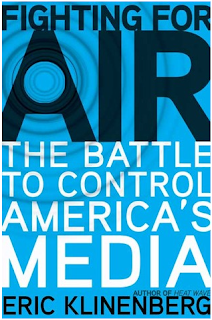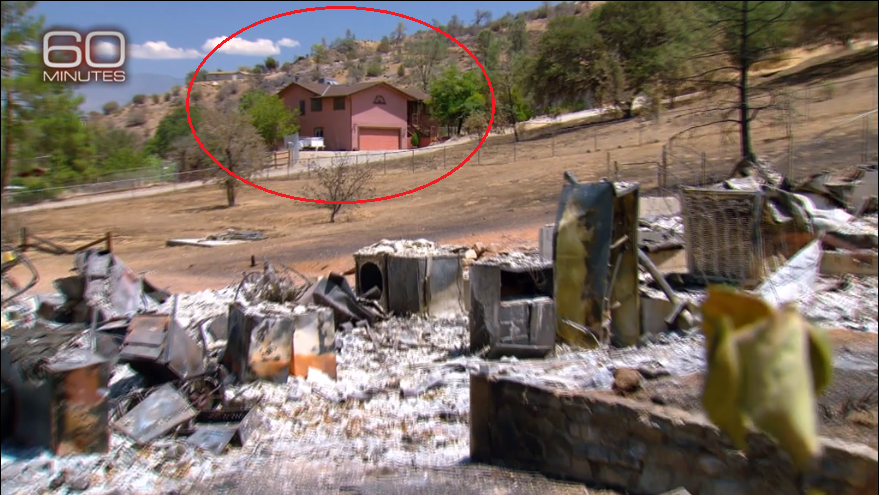Revive Regional, Terrestrial, Call-in Talk Radio to Combat Gun Violence
 Ronn Owens, a centrist non-extremist "voice of reason" talk show host, is no bore. He keeps a conversation lively, facilitates listener calls, is informed, opinionated and can improvise as events demand (especially when *current events DJ* Chris Hernandez queued the bumper music.) Owens was once the only host to regularly beat Rush Limbaugh in regional listener ratings. And Owens' show -- for years stretching three hours, five days per week -- is down to 10 minutes on weekdays.
Ronn Owens, a centrist non-extremist "voice of reason" talk show host, is no bore. He keeps a conversation lively, facilitates listener calls, is informed, opinionated and can improvise as events demand (especially when *current events DJ* Chris Hernandez queued the bumper music.) Owens was once the only host to regularly beat Rush Limbaugh in regional listener ratings. And Owens' show -- for years stretching three hours, five days per week -- is down to 10 minutes on weekdays.Gun violence still rages on. American regions need to talk. To each other. Why an older technology like terrestrial radio?
- Turnaround time: podcasts have to be scheduled, recorded and distributed for days to reach listeners.
- Satellite radio requires a subscription, and
- NPR affiliates only offer one or two stations on the dial in any area.
- Facebook offers space for conversation, but it's one corporation, is a data hoarder, and requires we divert our eyes to a screen.
As musician, multi-instrumentalist and band leader Sheryl Crow said in the documentary 20 Feet From Stardom, "the most heavenly" of all the musical instruments is the "voice. Because we were all born with one."
A voice conversation:
- spatters imprints on muscle memory points not currently overloaded by digital technology.
- frees our hands from the keyboard and eyes from the screen
- is what The Offline Report calls a "physical world speed bump" providing space for insight
- will be funny to hear over the air, together, when voicebots like Google Duplex infiltrate our world
With nature events like hurricanes floods and fires now a regular occurrence, human-hosted terrestrial radio stations:
- can communicate announcements, as vital backup players to first responder services. (Read about the "reverse 911 call" failure that attempted to warn Santa Rosa residents ahead of last fall's deadly wildfires.)
- are knowledge-sharing platforms in the aftermath and rebuilding phases
- minimize shock, alienation, panic and burnout for people in a community
What we're researching now in the history book "Fighting for Air" is the massive consolidation in regional station ownership that swept the country and removed localism after the 1990's FCC ownership caps were loosened. There must be a way back toward regional competition for terrestrial radio - and we need to brainstorm how to make this happen.
What are your ideas? Please share in the comment form below.
------------
Further Reading:
"This is a perfect of example of how private foundations can contribute to the public good. In a volatile, contentious, and partisan time where dialogue (or lack thereof) can be measured in bots, posts, tweets, links, and likes, these foundations are using their resources and independence to declare a collective 'time out.'" pndblog.typepad.com
"Focus is all about blocking stuff out. But once the brain is sufficiently focused, the cortex needs to relax in order to seek out the more remote association in the right hemisphere." The Eureka Hunt: newyorker.com
Carve Space for Insight: Just Sit There: offlinereport.net

This work by AJ Fish is licensed under a Creative Commons Attribution-NonCommercial 4.0 International License.


